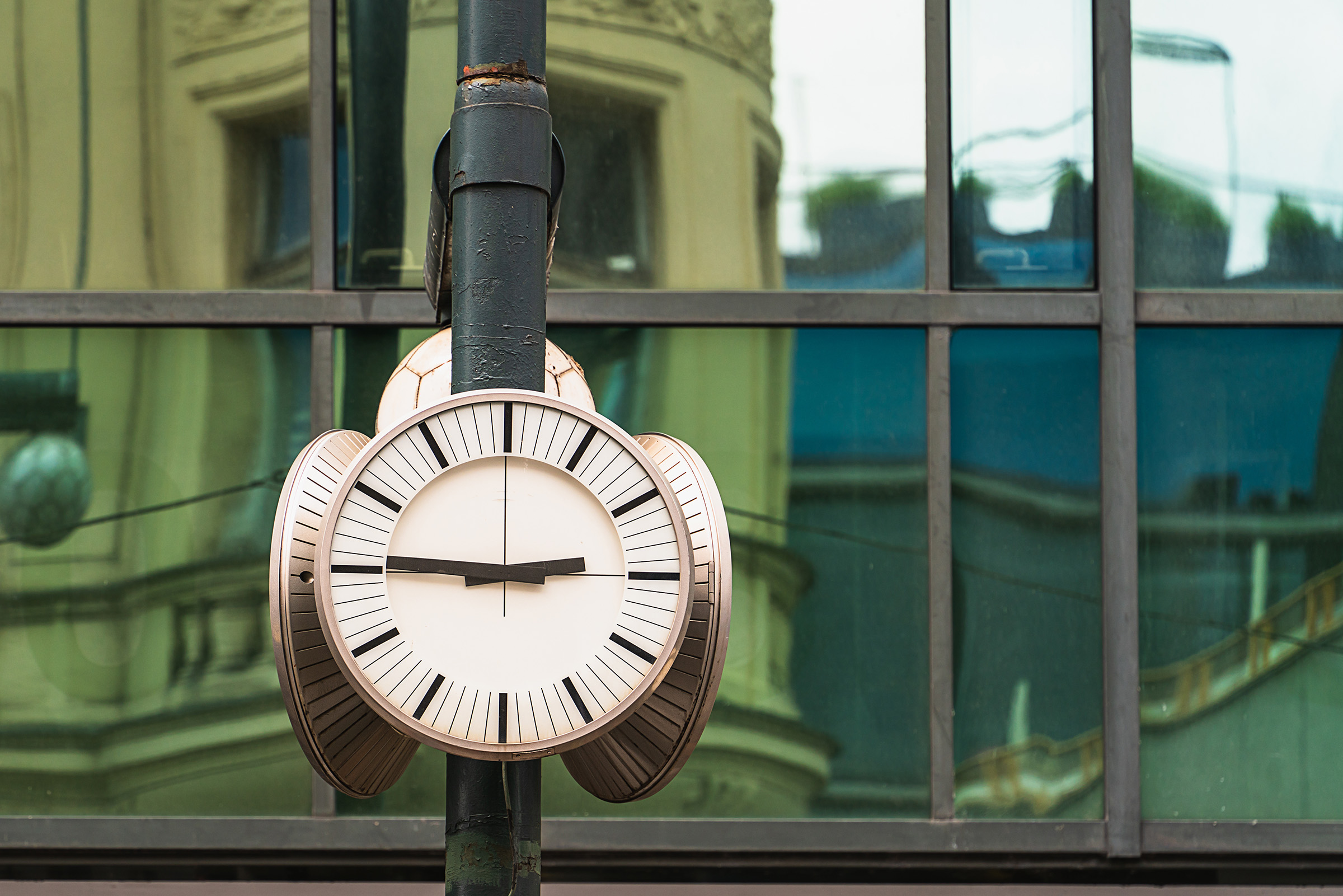Measuring time might not seem like that complex of a thing. After all, we rely on simply counting seconds between the “then” and the “now.” But when you really start to break time down to the quantum level, things begin to get a bit foggier. For starters, “then” becomes hard to control, and “now” becomes even foggier, making it harder to nail down.
This complexity could change sooner rather than later, though. According to research published in Physical Review Research in October of 2022, the trick to measuring time in the quantum fog may come down to measuring the shape of the fog itself.
A group of researchers from Uppsala University in Sweden ran several experiments to test the theory. The main focus was to experiment on what scientists call the Rydberg State. By experimenting on it, they were able to find a novel new way to measure time that does not require you to have a very precise starting point – one of the biggest conundrums facing scientists before.

One of the easiest ways to visualize this research is to think of Rydberg atoms as over-inflated balloons within the particle world. These particles contain electrons in extremely high energy states, all orbiting far from the nucleus of the atom. They utilized two lasers to interact with the atoms. This technique allowed the scientists to measure time by measuring the speed of the electrons.
To do that, they continued with the experiment, watching the atoms and the “fingerprints” that they left behind. This allowed the researchers to create quantum timestamps, which made it easier to measure time without having to have a specific starting point already situated in the quantum world.
Future experiments in the same vein could help hone the way that the scientists measure that quantum fog as well, providing a more accurate way to measure the passage of time within the quantum world in even smarter ways. Combine that with the fact MIT scientists reinvented the atomic clock, and science is finding new ways to combat the time conundrum.







